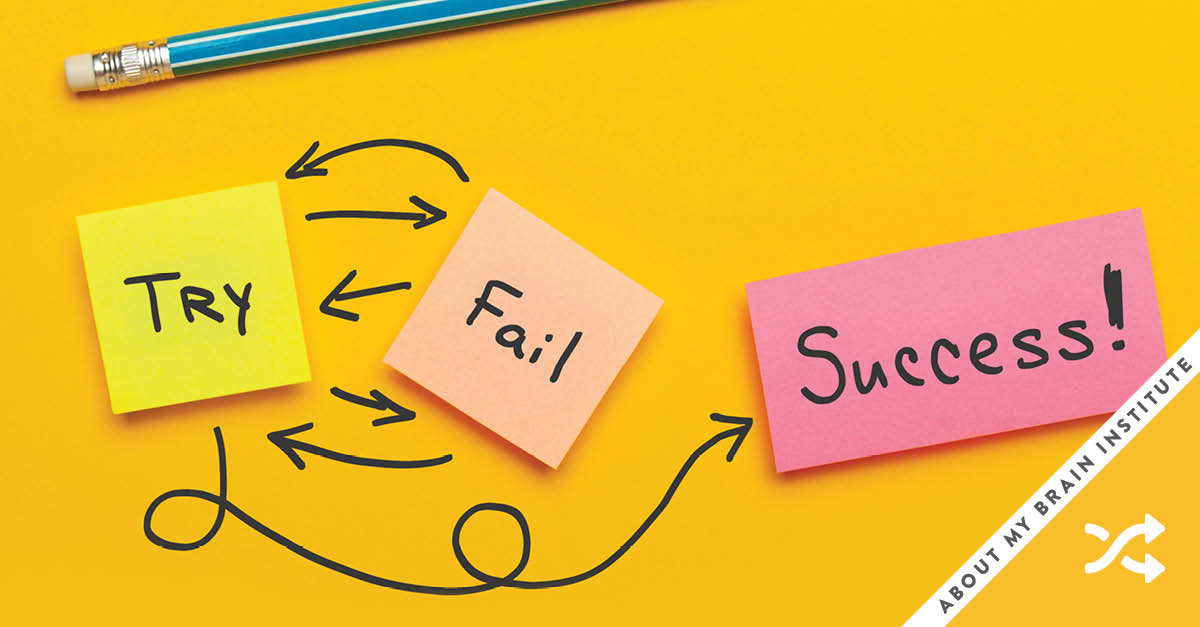Cultivating a Positive Mindset
Attribute: Flexible

Venting: A Healthy Way to Release and Redirect
When things aren’t going as planned, it’s easy to get stuck in negative patterns, feeling frustrated, overwhelmed or even helpless. In these moments, how we respond plays a crucial role in determining whether we stay stuck or move forward. Two common ways people process these challenges are venting and dwelling on the negatives. Although they may seem similar, knowing when and how to redirect your energy from dwelling to finding solutions is key to managing setbacks and fostering a positive mindset.
Venting is a constructive way to release frustration, helping you refocus your efforts and gain clarity. Key characteristics of venting include:
- Purposeful Expression:
Venting allows you to express feelings about a specific issue, giving you emotional relief and helping you identify the root of the problem. - Brief and Time-Bound:
Venting is often a short process that doesn’t consume too much time or energy, allowing you to quickly redirect your efforts toward finding solutions. - Solution-Oriented:
Effective venting leads to a clearer mindset, making it easier to strategize and move forward. - Considerate of Others:
When venting, you maintain awareness of the listener’s capacity, ensuring that the focus remains on productive dialogue rather than lingering on the problem.
Dwelling on Negatives: A Roadblock to Progress
In contrast, dwelling on negatives can trap you in a cycle of unproductive thinking, preventing you from redirecting your efforts toward positive change. Here’s how it differs from venting:
- Repetitive Focus: Dwelling means repeatedly thinking about the same negative aspects without moving toward solutions.
- Time-Consuming: It drains your mental energy and prevents you from taking actionable steps to improve the situation.
- No Solution in Sight: Unlike venting, dwelling often lacks a problem-solving approach, leaving you stuck in the frustration.
- Strains Relationships: Constantly focusing on the negatives can not only affect your mindset but also wear down those around you, potentially creating distance in your relationships.
The Benefits of Redirecting Your Efforts
Recognizing when you’re stuck dwelling on the negatives and redirecting your efforts is vital for several reasons:
- Mental Well-Being: Constant dwelling on what's not working leads to stress and anxiety. Redirecting your focus toward solutions can alleviate this strain and provide mental relief.
- Growth and Problem-Solving: Venting allows you to release negative energy and move forward, whereas dwelling prevents you from finding solutions. Redirecting efforts toward resolution is essential for overcoming obstacles and progressing in both personal and professional spheres.
- Healthy Relationships: While venting can foster supportive, solution-oriented conversations, dwelling can harm your relationships by creating a negative atmosphere. Redirecting toward collaboration and problem-solving strengthens connections.
Keep reading ↓
Keep reading ↓
Newsletter
Assessing Your Ability to Redirect Your Efforts
Consider these questions:
- When something isn’t working, do you find yourself dwelling on the problem or focusing on finding solutions?
- How do you react to challenges, do you linger on what went wrong, or do you quickly seek ways to adjust and redirect your efforts?
- Do your conversations with others tend to revolve around expressing frustrations constructively, or do you often get stuck in negative loops?
- Are you able to recognize when it's time to shift from processing emotions to taking action?
By reflecting on these questions, you can gain insight into your ability to redirect efforts and focus on solutions, helping you cultivate a more resilient and positive approach to challenges.
Keep reading ↓
Redirecting Your Efforts When Things Aren’t Working
- Practice Mindfulness
Mindfulness helps you become more aware of when you're dwelling on negative outcomes, giving you the mental space to pivot your focus. By being present and non-judgmental, you can steer yourself toward more constructive thoughts and actions. - Cognitive Restructuring
Challenge unproductive thought patterns by reframing how you view setbacks. When you catch yourself dwelling, ask whether there's a more positive way to interpret the situation or a different angle from which to approach it. This allows you to redirect your efforts toward a new solution. - Take a Break to Reset
When you're stuck in a negative mindset, taking a step back can refresh your perspective. Whether it's a short walk, a break from the task or a quick change of environment, giving yourself time to reset often leads to clarity and opens up new ways to redirect your efforts productively. Knowing when to stop dwelling on negatives and redirect your efforts is essential for cultivating a positive mindset and driving progress. By recognizing the difference between venting constructively and dwelling unproductively and by using strategies like mindfulness, cognitive restructuring and taking mindful breaks, you can effectively pivot when things aren’t working. This not only leads to better mental well-being but also fosters resilience and growth, enabling you to turn challenges into opportunities.

Explore the Items
Read each article!
Supporting content
Courage Articles
Check out the latest blogs to learn more about this topic!

Having The Courage To Fail And Then Try Again

Having The Courage To Let Go Of Perfectionism

5 Ways To Improve Your Negotiation Skills
Bibliography
This article has been inspired by the following sources:
- Hulick, K. (2019). The high cost of dwelling on the negative (and how to stop it). Transformative Conversations. https://www.transformativeconversations.com/blog/rumination/2019-3-24
- Damiano, S. (2019). Lead by example and give a part of yourself to others. About My Brain Institute. https://www.aboutmybrain.com/blog/lead-by-example-and-give-a-part-of-yourself-to-others

